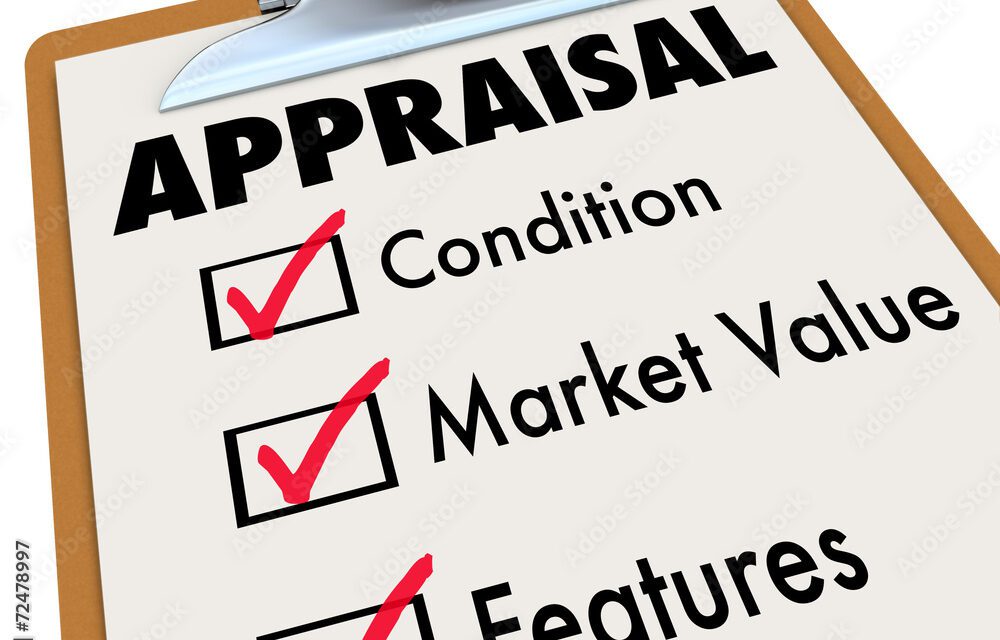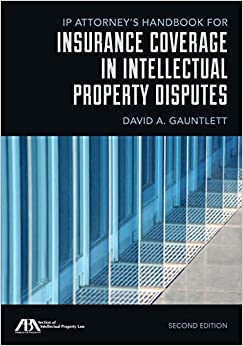Some New Ideas
Part IV
There is a set of persistent problems in dealing with Umps, namely their selection; the problem is buried in a series of steps for the “opposing” appraisers.
(1) Each of the two appraisers is appointed by one of the sides.
(2) They frequently see themselves as advocates not a cooperative committee of two.
(3) Frequently, they don’t know how to agree on an Ump, or they don’t know the same people, or they are not paid enough to put much time into the matter, or one of them jumps the gun and goes to a judge and gets and Ump appointed before s/he is needed.
(4) There is are no explicit standard governing both of the first two participants as to how to select an Ump. If the opposing parties in the appraisal process together imposed standards of Ump selection on their appointees some of the problems arising out of Umps might be solved.
(5) There are no rules on how to deal with the judges appointing the ump. There should be (i) Surely there should be notification of application by the side that wants an Up chosen to the other side. (ii) Surely when there is a disagreement about who to appoint as ump there should be a hearing if possible. It need not be a long one. (ii) Surely both sides should present a list of candidates and their qualifications. Of course, it would be best there was agreement about the names of the list.
(6) Umps must understand that they do not work for anyone involved. They work only to establish justifiable truth.
(7) A candidate should not have a history that suggests bias. A person who has been a lifelong adjuster for the This-&-That Insurance Company, Inc., should not be appointed as an Ump.
To qualify to be on the list of the qualified, candidates should not only know about and be sympathetic to the subject of reasonable adjustment and the logic of the reasonable and rational argument but must have the drive to embrace these behaviors and ideals. A musicologist should not be involved in adjusting a loss involving a giant bridge–and probably any other physical item other than a piano, etc.
(8) Perhaps there should be a type of agreement entitled “Selection of the Umpire Principles,” or maybe “Criteria of Selection of Umpire.” It may be a short document, but expressly require everything of an Ump that is required of the appraisers, and at the same level of the bar, and above all require the Ump to sign, and maybe swear to his having specified qualifications and that he will determine the dispute if the original two cannot.
(9) The requirement and the “sheet” should be adopted as industry-wide as possible.
(10) Umps should be required to have signed it, and maybe even swore to it.
There is another special problem. It focuses on Umps but it spreads out across all those involved in appraisal. Umps are not judges. Thinking of umps as judges distort the process of appraisal The paradigms for Umps are to be found in sports. Consider baseball. The Ump there must know more about the game than the player and usually more than the coaches. The same is true in football. The competence of Umps is not to make reasoned decisions based on what others argue to them, as judges are conceived. Umps are in the field. It is not, for example, characteristic of judges to go out to a site and make realistic and informed empirical observations of alleged damages, yet this is exactly what is generally involved in being an Ump. Judges need not have expertise on the issues in dispute; Umps must.
Thus, as already stated, Umps are not judges. Umps must gather at least some of their own empirical data. Judges rarely do this. I have already discussed this fact, this problem; I have already suggested some solutions to it. Sometimes it is said that Umps are so much like judges that they should be thought of like that. Judges try cases about welding without themselves being welders, that is not exactly true about Umps. They have to know a good deal more than basic fundamentals. They themselves must find independent support for their decisions. They do not usually have witnesses, transcripts, depositions, or arguments.
Similarly, just stepping up to the plate as an Ump does not make you suddenly and particularly knowledgeable about roofs and hail for most purposes. An Ump in a hail case, for instance, should not look merely to the estimates provided by the opposing appraisers. An Ump needs to have enough information, and enough background and experience, to review the claim and the damage before it and make a reasoned decision.
Umps are not judges. The fact that the word “quasi-judicial” is sometimes used to describe appraisals does not make the Ump judge-like. The term is for the whole process. The whole process is designed to avoid litigation-type situations, and there is an underlying idea of cooperation designed to reach just results quickly. Granted, Umps are not mediators, but they also are not the messenger-servants of one side or the other. And they are required to be knowledgeable about the kind of damages at issue. It takes judges some time to learn topics about which they know nothing or little, at least usually speaking. Appraisals cannot work that way; otherwise speed is undermined, and that is one of the chief purposes of appraisal.
Judges may not be satisfactory Umps. It is also worth pointing out that/although some are, many, many Umps are not and never have been judges. They may not even have a really good feel for what it is that judges really do. It is much more important than an Ump, like an appraiser, know more about the substantive issues of a case: about hail, about smoke, about arson, about interruptions of business income.
Judges may not even be good appointers of Umps. I have “seen” (or otherwise be acquainted with stories about) judges pick their long-time friends, associates, pals, and lawyers- in-need as Umps, and those selections have not always been successful.
Conclusion
The point of this blog–all four parts of it–is to set forth or vindicate the proposition that appraisal is intended to be a relatively rapid rational process. Such a process requires that all the members of the temporally changeable committee must be appropriately knowledgeable, reasonable, rational, dedicated, dedicated to getting to as much truth as possible. The appraisers must be able to reason with others; they must not be biased in favor of the side that appointed them and the side appointing them must be dedicated to the same idea. The Ump must recognize and accept the proposition that he is not in control of the operation, that he is not the lone, ultimate decider. The Ump might consider the idea that he should try to create reasonable debate before he takes it aside, in other words, the Ump might consider the idea of fostering (even more) cooperative discussions.






Recent Comments